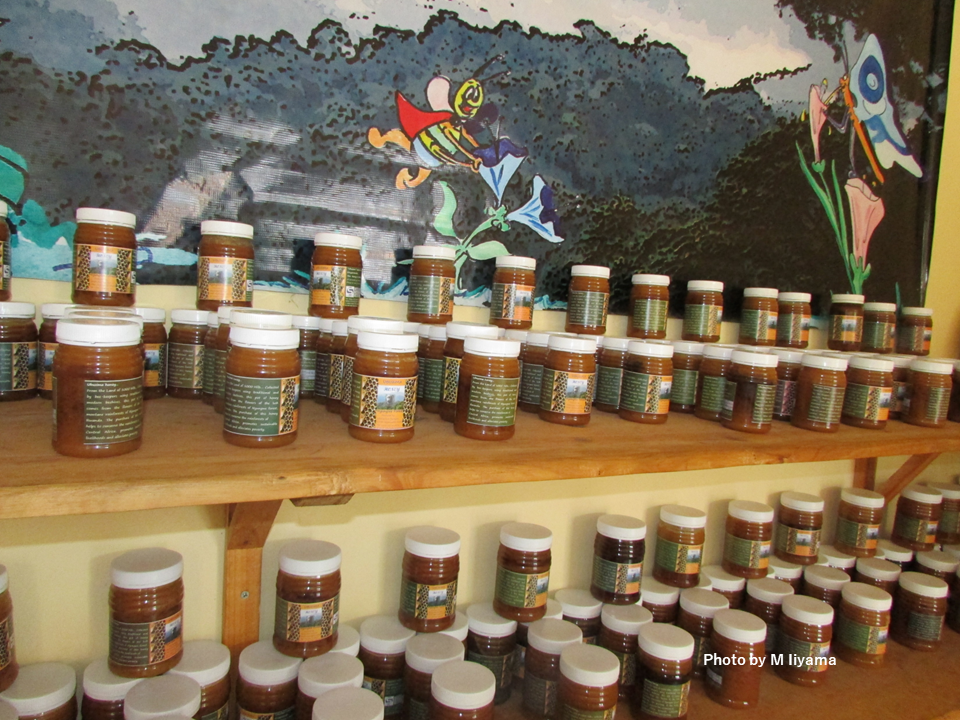Pick Up
1020. Pollinators, Food Security, and Ecosystem Conservation

1020. Pollinators, Food Security, and Ecosystem Conservation
May 20 is World Bee Day. The goal of the international day, which honors the birthday of a prominent Slovenian beekeeper, is to raise awareness about the role of bees and other pollinators in the ecosystem.
Nearly 90 percent of wild flowering plants that bloom, bear fruit, and thrive, along with more than 75 percent of the world's food crops and 35 percent of the world's agricultural land, depend on pollinators. Therefore, pollinators not only directly contribute to food security, but also play a central role in maintaining biodiversity.
However, these intermediaries are threatened by ecosystem destruction caused by anthropogenic activities. Anthropogenic impacts have increased the rate of species extinction by more than 100–1000 times, and it is estimated that nearly 35% of invertebrates, such as bees and butterflies, and about 17% of vertebrates, such as bats, are on the verge of extinction worldwide. If this trend continues, the production of many nutritious crops, such as fruit trees, nuts, and vegetables, will be negatively affected and may lead to poor nutrition. Agriculture that uses large amounts of chemical fertilizers, land-use changes, monocultures, pesticides, and high temperatures associated with climate change can affect bee ecology and our food.
Due to the impact of the crisis faced by pollinators on ecosystems and the livelihoods of people, the Convention on Biological Diversity (CBD) has made pollinator protection a priority, and international organizations such as the Food and Agriculture Organization of the United Nations (FAO) are implementing initiatives such as technical assistance. Protecting pollinators through ecosystem conservation is extremely important in solving the world's food supply problem and preventing hunger in developing countries.
Contributor: IIYAMA Miyuki (Information Program)
